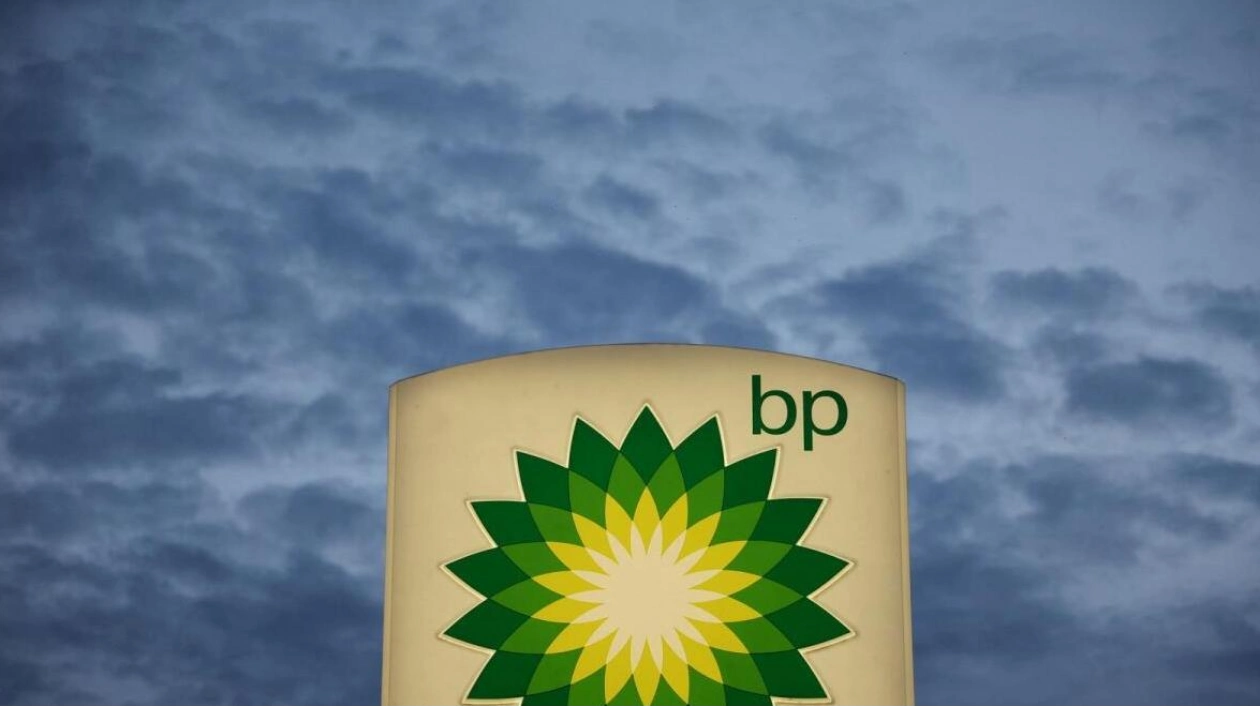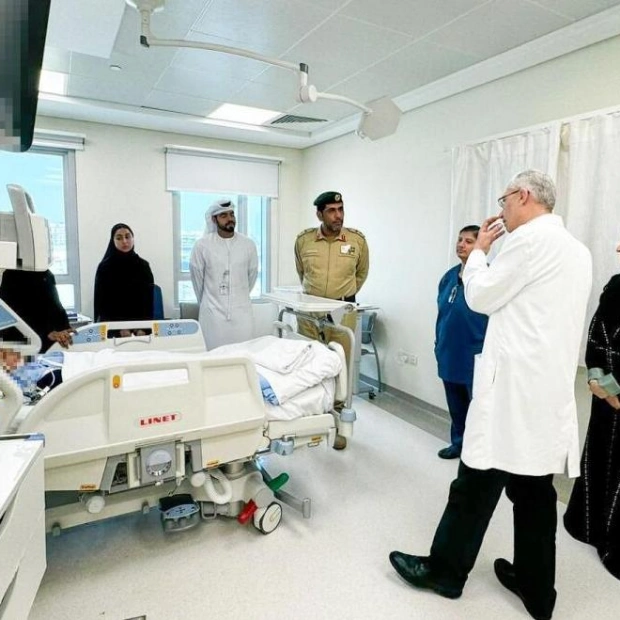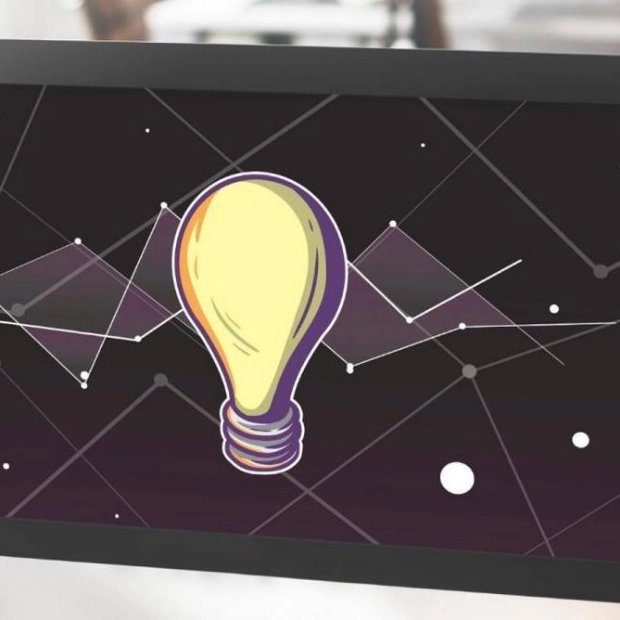On Tuesday, BP announced an increase in its dividend and extended its share repurchase program, following the announcement of a second-quarter profit of nearly $2.8 billion, which exceeded forecasts. This performance, which surpassed analysts' estimates by 9%, is expected to alleviate pressure on CEO Murray Auchincloss, who has faced criticism after BP's profits fell short in the previous two quarters. Auchincloss, who assumed leadership in January, has pledged to overhaul BP's operations, focusing primarily on oil and gas.
In a departure from his predecessor Bernard Looney's strategy of expanding renewables and reducing fossil fuel output, BP has approved the development of the Kaskida oilfield in the U.S. Gulf of Mexico, a complex project in deep geological formations. Production at the field is slated to begin in 2029, with a capacity of 80,000 barrels of oil per day. Additionally, BP plans to develop a low-carbon hydrogen project at its Castellon refinery in Spain.
BP's shares rose by 1.2% at 1002 GMT, contrasting with the stagnant performance of the broader European energy index. Despite concerns over BP's energy transition strategy and doubts about meeting its 2025 earnings targets, the company aims to exceed its goal of reducing annual costs by $2 billion by the end of 2026, as stated by Auchincloss in an online analyst presentation. Reuters reported in June that BP had implemented a hiring freeze and suspended investments in new offshore wind projects.
BP increased its dividend by 10% to 8 cents per share, matching analysts' expectations, and maintained its share buyback program at $1.75 billion for the next three months. The company remains committed to purchasing a total of $14 billion in shares over the next two years. BP's underlying replacement cost profit reached $2.76 billion for the quarter ending in June, surpassing the forecast of $2.54 billion.
Despite weaker refining margins due to lower diesel demand and increased refinery maintenance, higher oil and gas prices and a lower tax rate offset these challenges. BP's oil trading performance was weaker compared to the previous quarter. Auchincloss noted that while global demand for gasoline and diesel is weak, inventories are expected to decrease during the summer driving season, supporting refining margins.
BP plans to keep its capital expenditure at $16 billion annually for 2024 and 2025. The company's net debt decreased by $1.4 billion to $22.6 billion, and its debt-to-equity ratio fell to 21.6% from 22% at the end of March.






